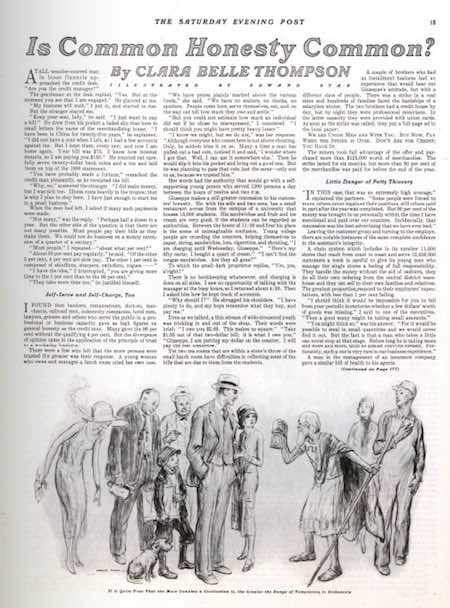Are Americans Less Truthful Today?
Would you consider yourself a basically truthful person? (Discounting, of course, the little white lies that oil the gears of conversation.) What about Americans as a whole?
Politicians have always embellished the, um, facts, to make their cases. But some would say the recent presidential election was a watershed moment, with major politicians showing a startling disregard for truth. Certifying this trend, the Oxford English Dictionary (OED) was recently inspired to name post-truth the 2016 word of the year: The OED defines post-truth as “denoting circumstances in which objective facts are less influential in shaping public opinion than appeals to emotion and personal belief.”
Likewise in the British vote to leave the European Union (otherwise known as Brexit, which, coincidentally, was Collins Dictionary’s word of the year), the winning campaign used highly emotional appeal but included, according CBS news reports, “numerous factual evasions.”
So, is it just politicians who’ve lowered the bar on facts, or is dishonesty more widely acceptable today? A 2002 study by the University of Massachusetts suggests it may be. Researchers there observed 60 percent of test subjects telling two to three lies in a 10-minute conversation.
However, honesty won the day in a study by Honest Tea Company in 2013. They set up 61 self-service tea stands, covering each of the 50 states and Washington, D.C., offering cups of tea for $1 each. Payment was made on the honor system. On average, 92 percent of Americans in the study paid for their drinks. Women were more honest than men — 95 vs. 91 percent — and Alabamans and Hawaiians were the most honest.
The least honest people, with 80 percent payments, were from Washington, D.C.
For some additional perspective on the matter, take a look at a 1925 essay from the Post, “Is Common Honesty Common?” in which the author argues that Americans were “99% on the level.” (Article below).

By Clara Belle Thompson
June 20, 1925
Featured image: Shutterstock